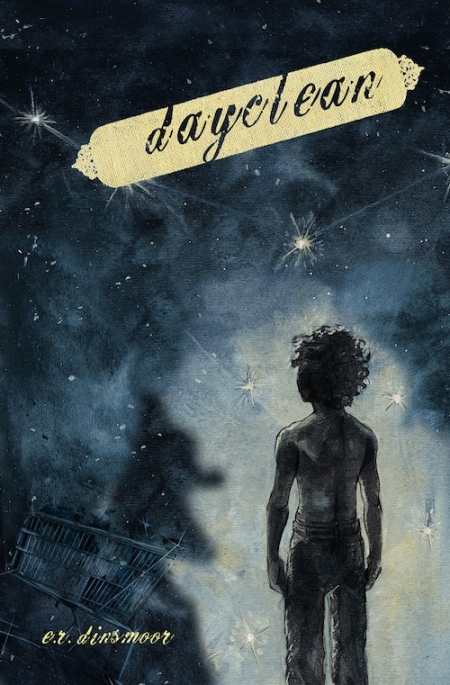dayclean
Set in Beaufort, South Carolina, near the Sea Islands, and titled for the local concept of “dayclean”—the promising moment just before sunrise—this warm-hearted mystery featuring a fusion of cultures and dialects avows the redemptive power of love, life, and starting over.
Jonah, a spunky teen who flees an abusive foster home and insists he “don’ need no hep from no honky” to make his way alone in the world, needs the newness of dayclean if he is to heal from the horrors of his childhood. Alone in the world, with his true identity buried for motives unknown, all Jonah has is a nascent artistic talent and the love of strangers moved by his plight to open both hearts and historical records on his behalf.
Jonah’s band of would-be guardian angels are adults struggling under their own burdens of defensiveness and trauma, but many of them seem much more like stock characters from urban fiction than fully realized characters. Moreover, the narrative’s preoccupation with the outfits, derrieres, and bosoms of its female characters keeps any serious inquiry into the horrors of Jonah’s childhood at arm’s length.
Leaving too many mysteries unsolved, such as the murder of the social worker who apparently changed Jonah’s name and placed him in the care of a violent drunk, the author instead entertains readers with a clash of dialects, values, and cultures: a schizophrenic Shakespearean, a police detective seemingly stuck in a Sam Spade movie, Jonah’s grammatically incorrect pronouncements, and the rhapsodies of lustful men after “beautilicious wimmins.” Readers are sent on a rhetorical roller coaster, hoping the ride will eventually land in coherent meaning.
Like many novels that rest on character sketches and a comedic romance script, Dayclean touches on serious social issues without fully delving into their implications. For example, a runaway debutante reappears out of the blue with a daughter, a rap sheet, and unsettled business with her mother—a woman hiding a damning secret. If this sounds confusing, it is. The novel contains too many characters with potential for full development in their own right, and it is disappointing to see the author choose second-rate Hollywood romance over real storytelling. However, the characters are likable; their language ripples and shimmers, and readers will be reminded that even in real life, some stories lack satisfying answers to the questions that arise. Moving forward, dayclean might be the best option after all.
Reviewed by
Elizabeth Breau
Disclosure: This article is not an endorsement, but a review. The publisher of this book provided free copies of the book and paid a small fee to have their book reviewed by a professional reviewer. Foreword Reviews and Clarion Reviews make no guarantee that the publisher will receive a positive review. Foreword Magazine, Inc. is disclosing this in accordance with the Federal Trade Commission’s 16 CFR, Part 255.


